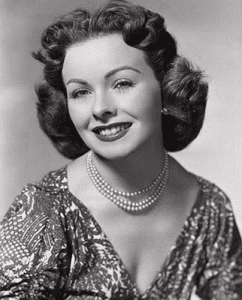Some actresses are admired for their beauty, others for their talent—but Jeanne Crain had both in equal measure. A radiant star of Hollywood’s Golden Age, she wasn’t just another face in the spotlight—she was a symbol of elegance, intelligence, and quiet strength. With performances that defied expectations and challenged social boundaries, Jeanne carved a place in cinematic history that remains unshakable to this day.
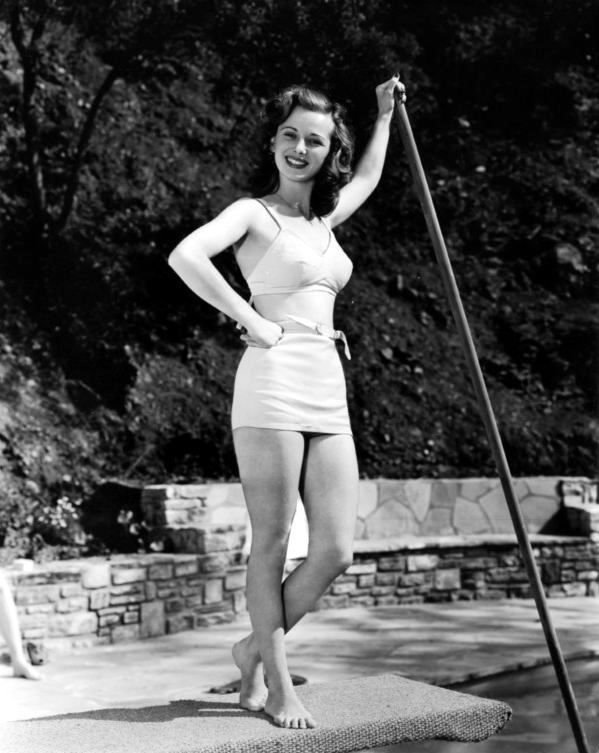
From Small-Town Girl to Rising Star
Born on May 25, 1925, in Barstow, California, Jeanne Crain grew up far from the glitter of Hollywood. She was a small-town girl with big dreams—smart, charming, and determined. Her journey to fame began unexpectedly when she entered and won the Miss Pan Pacific beauty contest, a victory that caught the attention of talent scouts from 20th Century Fox.
It didn’t take long for Hollywood to fall in love with her. Jeanne’s fresh-faced innocence and natural charisma made her a studio favorite almost overnight. Her early films highlighted her magnetic charm and relatable presence—qualities that would define her long and successful career.
Video: HOT RODS TO HELL (1967) Clip – Dana Andrews, Jeanne Crain, Mimsy Farmer, Laurie Mock, Jeffrey Byron
Breaking Through: The Early Years of Stardom
By the mid-1940s, Jeanne Crain was on her way to becoming one of the most recognizable faces in cinema. She starred in a string of hits that showcased her versatility and effortless appeal.
Her breakthrough came with “State Fair” (1945), a musical romance that captured audiences’ hearts with its warmth and optimism. She followed it with “Centennial Summer” (1946) and “Margie” (1946), both of which established her as America’s sweetheart—a radiant blend of innocence and sophistication.
But Jeanne wasn’t content to remain typecast as the “girl next door.” She was ambitious, ready to take on roles that would test her acting range and push societal boundaries.
The Role That Changed Everything: “Pinky” (1949)
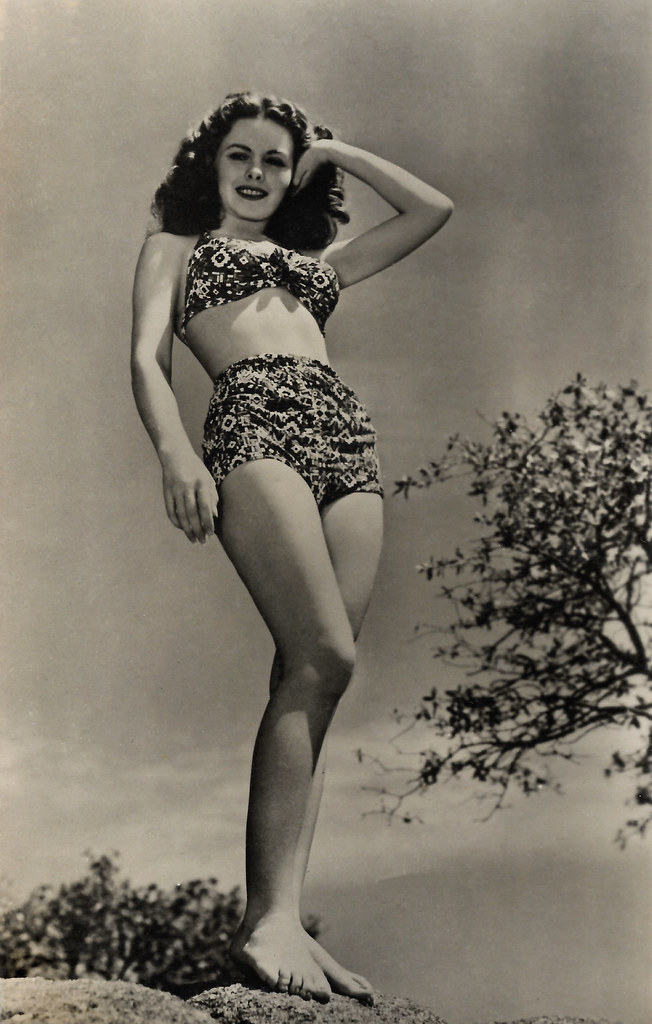
In 1949, Jeanne Crain took a leap that would define her career forever. She starred in “Pinky,” a film that tackled themes of racial identity and discrimination—subjects few dared to touch at the time.
Her portrayal of Pinky Johnson, a light-skinned Black woman passing as white, was groundbreaking. The role demanded vulnerability, depth, and courage, and Jeanne delivered one of the most emotionally charged performances of her era.
She brought nuance and compassion to a topic that Hollywood often avoided. Her performance challenged audiences to confront uncomfortable truths about race and prejudice. And she earned an Academy Award nomination for Best Actress, cementing her place as one of the most respected performers of her generation.
“Pinky” wasn’t just a film—it was a statement. Jeanne’s choice to take on such a role in the late 1940s spoke volumes about her integrity and artistic vision. She wasn’t afraid to use her fame to spark conversations that mattered.
Hollywood’s Golden Darling
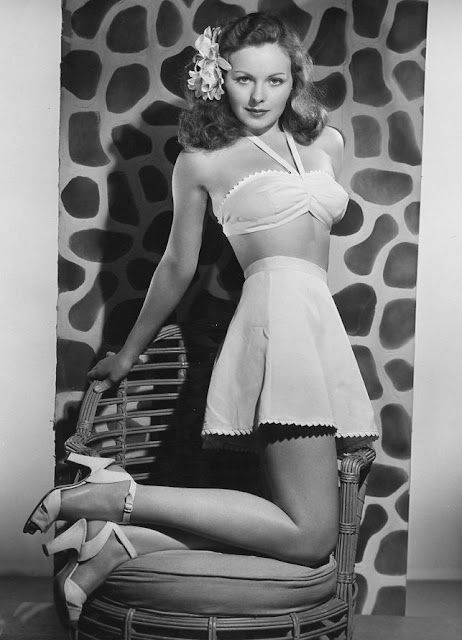
After “Pinky,” Jeanne’s career soared. She became one of 20th Century Fox’s most bankable stars, appearing in a series of successful films across genres.
She shined in “Cheaper by the Dozen” (1950), a heartwarming family comedy that showed her warmth and humor. In “People Will Talk” (1951), she held her own opposite Cary Grant, proving she could match Hollywood’s biggest stars with ease. And in “The Fastest Gun Alive” (1956), she brought emotional depth to a Western classic, expanding her acting repertoire even further.
Video: 13 Sexy Photos of Jeanne Crain
By the 1950s, Jeanne Crain was not just a movie star—she was an institution. Her name became synonymous with grace, professionalism, and quiet power in an industry that often underestimated women.
Behind the Spotlight: Triumphs and Challenges
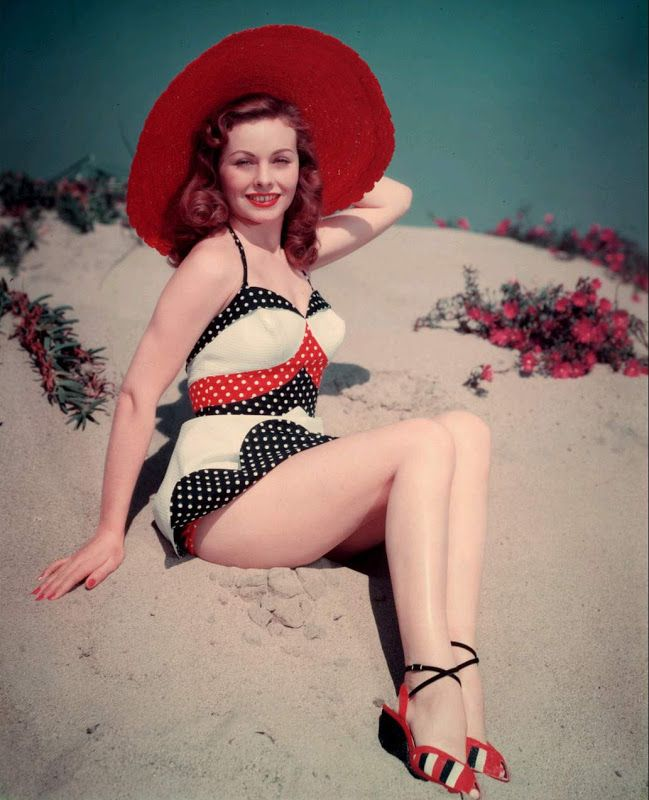
While her career thrived, Jeanne’s personal life wasn’t without turbulence. She married Paul Brinkman, and though their marriage was filled with affection, it faced its share of challenges and public scrutiny. Despite the ups and downs, Jeanne managed to maintain her dignity and composure—a reflection of her inner strength and resilience.
Off-screen, she was a devoted mother, balancing family life with the demands of fame. Unlike many Hollywood stars of her time, Jeanne kept her private life largely out of the headlines, preferring to let her work speak for itself.
The Graceful Evolution of a Star
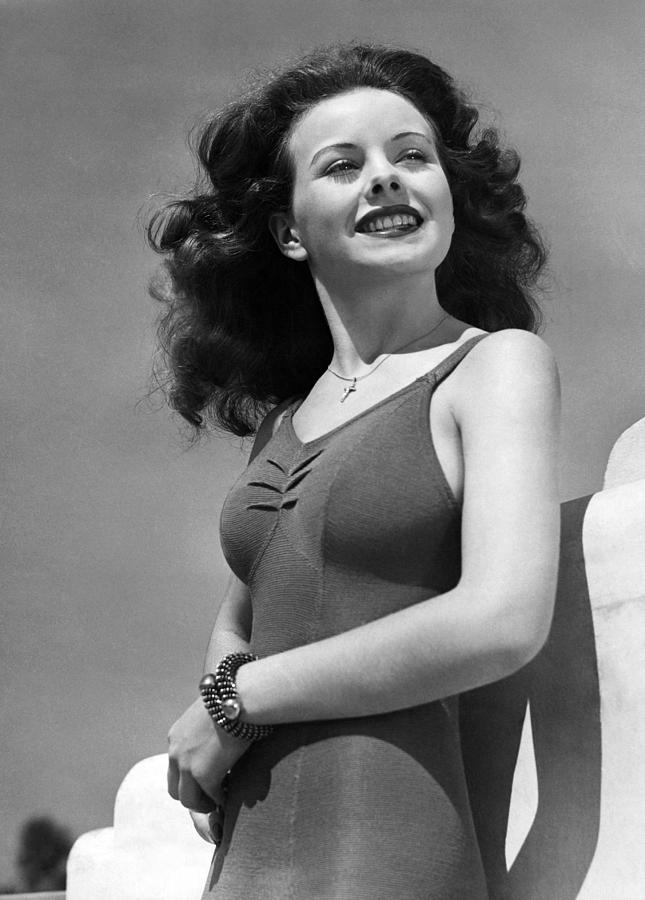
As the film industry evolved in the 1960s, Jeanne gracefully transitioned out of the spotlight, choosing a quieter life away from the cameras. But even as she stepped back, her influence endured.
She continued to act selectively, appearing in films and television projects that aligned with her values. Her timeless beauty and elegance remained intact, making her a symbol of ageless grace. She became an inspiration for younger actresses who admired her authenticity and poise.
Jeanne’s later years were marked by a sense of peace and reflection. She had achieved what many only dream of—a career built on both talent and integrity.
A Legacy That Transcends Time
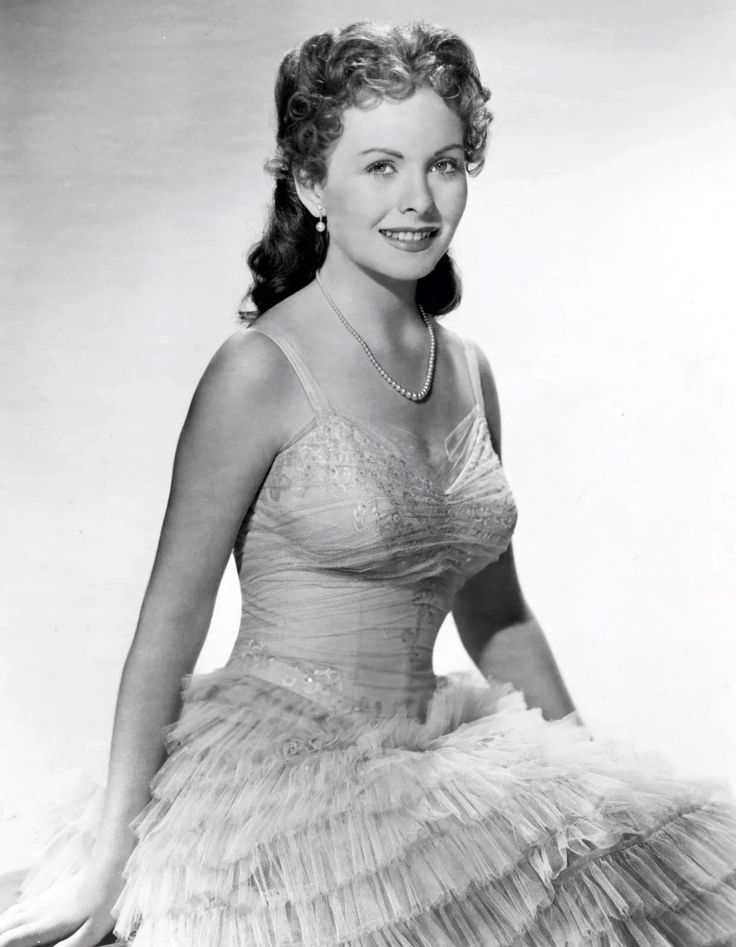
What makes Jeanne Crain’s legacy so remarkable isn’t just her filmography—it’s her courage to take creative risks and redefine what it meant to be a woman in Hollywood.
She challenged stereotypes by choosing roles that carried social and emotional weight. She proved that an actress could combine beauty with intelligence and bravery, opening doors for those who followed in her footsteps.
Even today, her name evokes admiration. Modern audiences continue to discover her films, finding in her performances a timeless sincerity and power that transcend generations.
Conclusion: Jeanne Crain—A Star Who Shined With Substance and Style
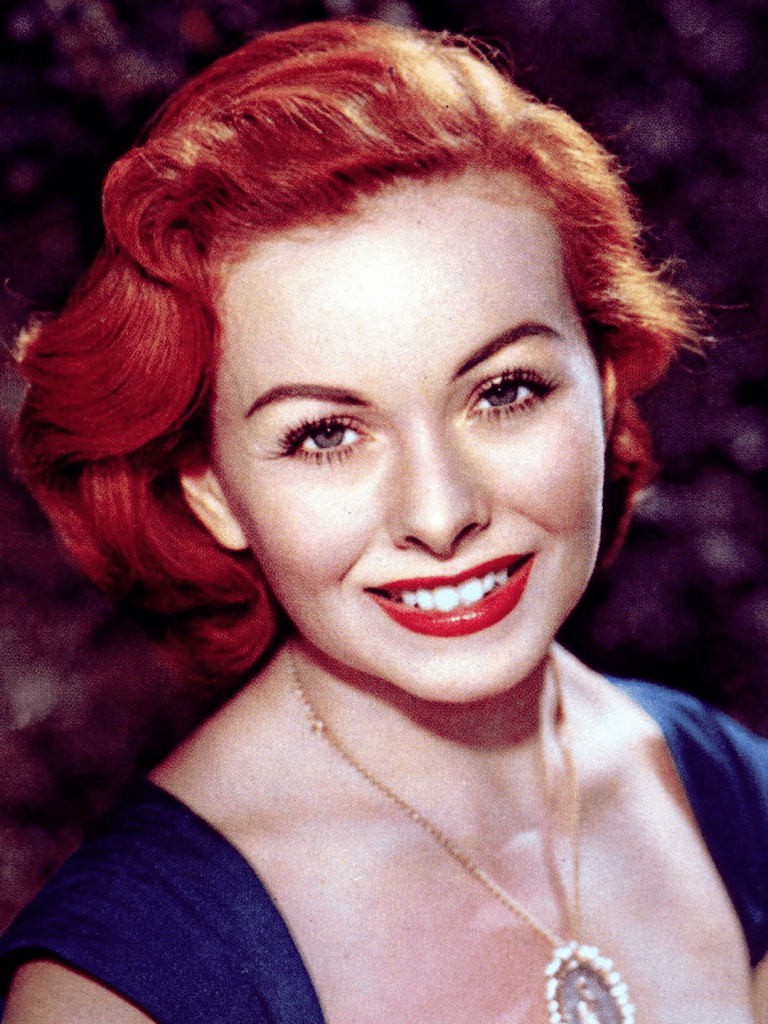
Jeanne Crain’s story is one of elegance, strength, and authenticity. She wasn’t content to play it safe; she dared to push boundaries in an era that often resisted change. Her poise, talent, and integrity made her one of the most respected actresses of her time—and one whose influence continues to echo through Hollywood history.
Her journey reminds us that true stardom isn’t about fame or glamour alone—it’s about courage, conviction, and the ability to move hearts. Jeanne Crain will forever remain a symbol of timeless grace, a woman who embodied the rare combination of beauty and brilliance that defined an era and continues to inspire today.
